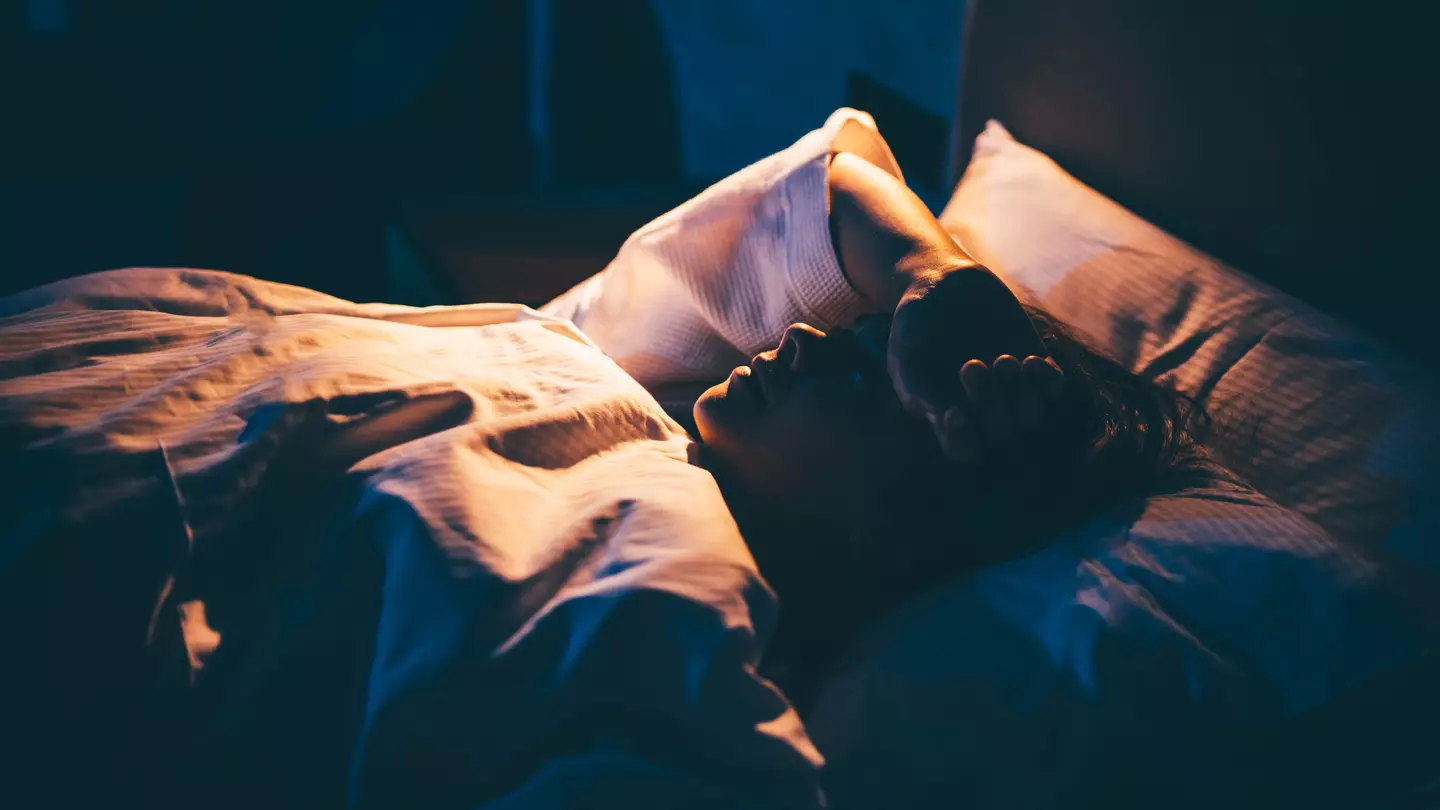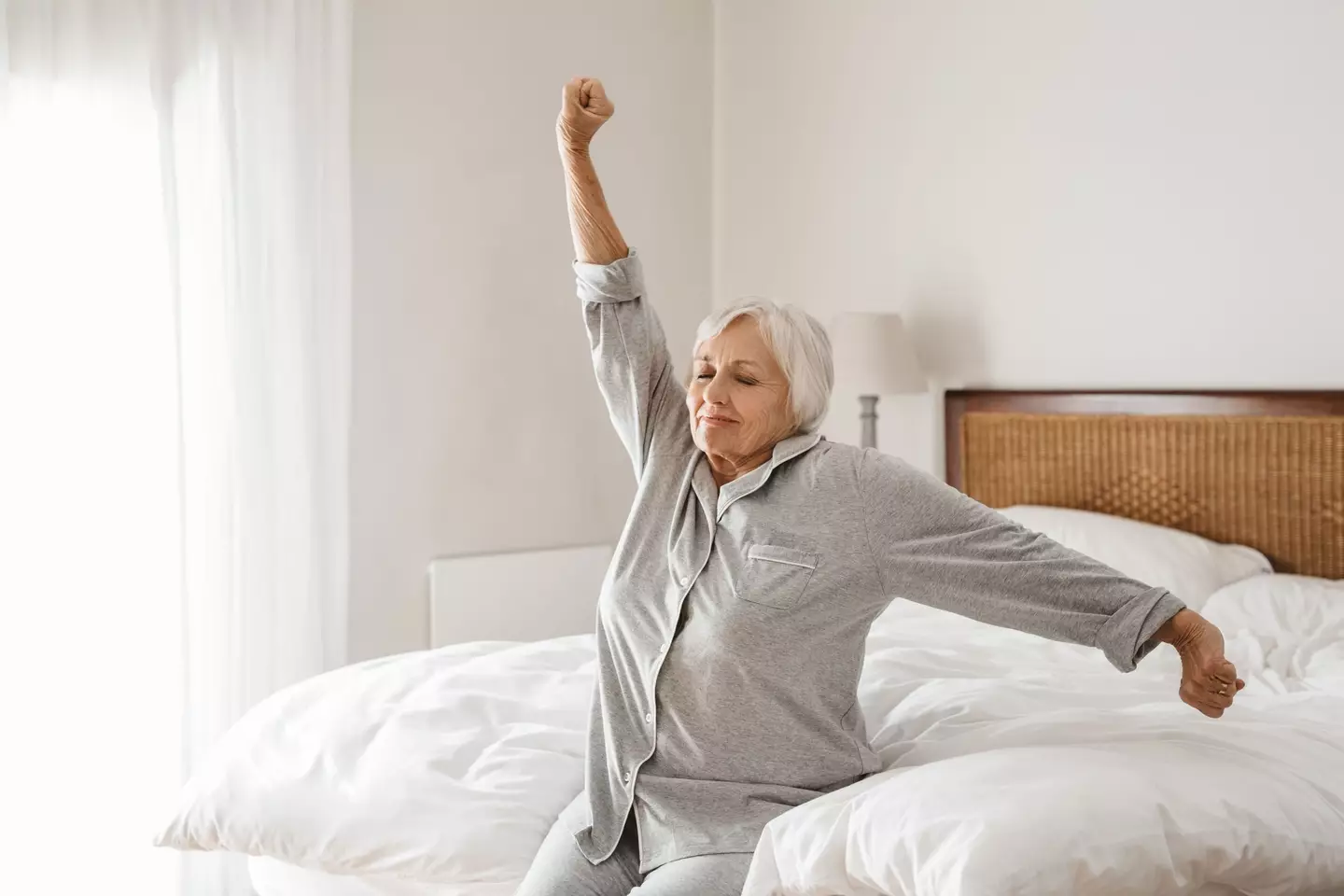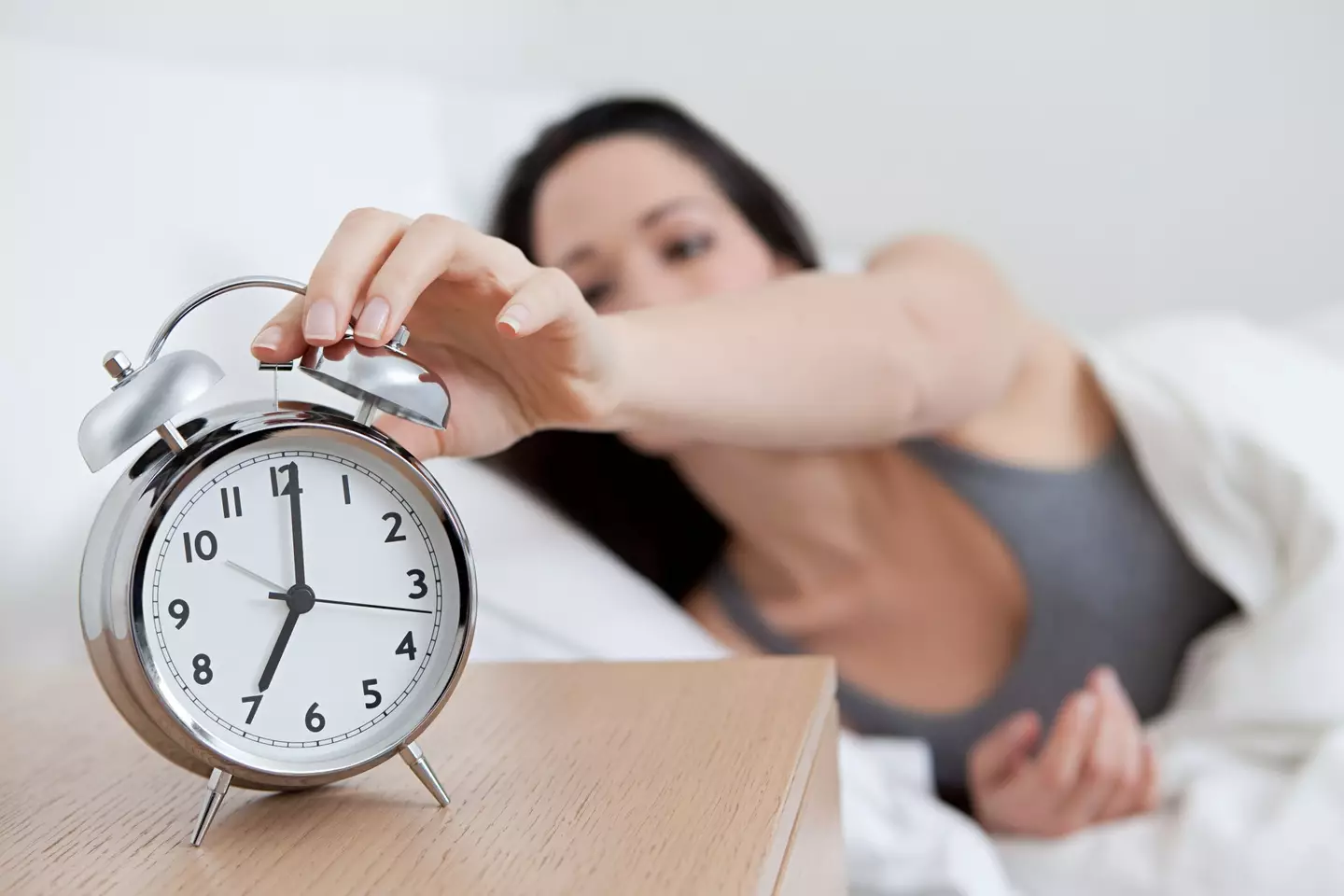
An expert has explained that there's a real reason why your sleep might not be the same as it used to be - and no, it's not to do with doomscrolling on TikTok the night before.
There's no better feeling than not setting a morning alarm on Friday night, only to realise that your natural body clock will never let you have a lie-in anyway.
As daylight hours vary throughout the year, it can be quite confusing for our bodies to get into a strict sleeping routine.
Plus, with the fact that many of us sit staring at our phones every night until the early hours - it's probably no surprise that our sleep might not be up to scratch.
Advert

But experts have revealed that the main reason for waking up earlier is actually something completely out of our control - age.
And when you think about a teenager's rise time compared to someone who is retired, the theory makes a lot of sense.
Speaking to Buzzfeed, Cindy Lustig, a professor of psychology at the University of Michigan, explained: "Like most of the things that change with age, there’s not just one reason, and they are all interconnected."
Advert
Our 24-hour circadian cycle is what wakes us up and makes us sleepy at bed time.
But as you get older, the indicators of morning and night aren't transported to the brain as efficiently.
For a younger person having their dinner, the brain knows that bedtime will be in a few hours - but this connection may not be made in an older person.
Light stimulation is another factor that affects how awake we feel.
Advert
Lustig explained: "Interestingly, one of [the reasons] seems to be that the vision changes that come with age reduce the intensity of the degree of light stimulation that our brain receives, which plays an important role in ‘setting’ our circadian clock and keeping it on track."
It's known that a large amount of older people suffer with cataracts - another factor that can skew our brain's response to light.

The expert added: "If there’s cataracts, the evening light doesn’t go into the eyes as much, so, according to the brain, sunset is earlier than when it actually set."
Advert
So a slightly older person wanting to wake up later has been advised to ditch all the current advice - which is to avoid screens before bedtime.
Instead, experts have suggested reading a book on a bright iPad, getting artificial lights for your home, or watching TV on a bright screen before the sun sets.
The research also suggests that avoiding alcohol is preferable.
Lustig explained: "While that nightcap might make you sleepy, it actually disrupts the quality of your sleep."
Advert
Additionally, exercise can help to maximise the chances of a good night's sleep.
